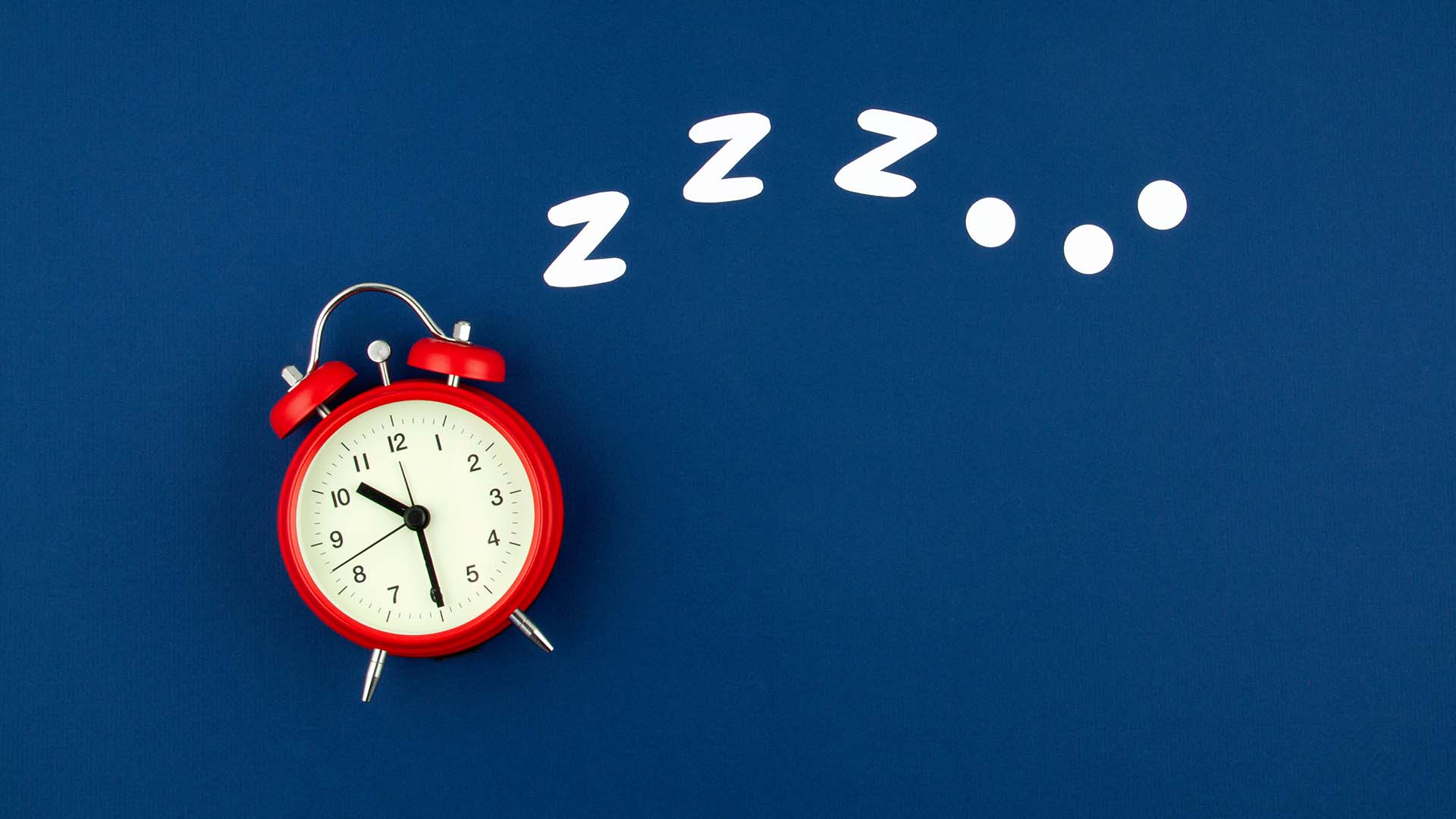
How much sleep did you get last night? Since you live in Nebraska, odds are one in three or four that it was less than seven hours and not enough for your body to recharge all its parts.
The Center for Disease Control has made it official: It identifies Sleep Deprivation as a public health problem. Fifty years ago, we as a society slept an hour to an hour and a half more than we do today. Some might be proud of accomplishing more in a day and sleeping less, but we must consider how the body deprives itself of crucial processes when that happens. Sleep performs magic that no other process does:
• Sleep flushes diseased and damaged bits of toxins and waste from our brains. It also performs a process called consolidation, which cements information we learned throughout the day into our brains and retains it.
• Sleep plays a role in metabolism and helps control our hunger hormones. Are you dieting and not sleeping well? Biologically, your diet will not work and you are more apt to gain weight.
• Sleeping triggers tissue growth that heals injuries and creates virus-fighting cells to boost our immunity to illness.
• Creativity, energy levels, and positive moods increase with sleep, while it also fights stress.
• Muscles and organs rebuild critical cells during sleep.
One of the main symptoms of all sleep problems is daytime sleepiness. Sometimes sleep deprivation will show itself in other ways, such as irritability, confusion, memory loss, physical issues, accidents and injuries, concentration problems, or depression.
Sleep is the single most effective way to reset our body functions for good health. Going without it means risking a whole slew of body breakdowns including high blood pressure, diabetes, heart disease, and obesity.
Ways to achieve better quality sleep include the following:
• NUMBER ONE MOST IMPORTANT TIP: Get up at the same time every day.
• NUMBER TWO TIP: Sleep in a room temperature of 60 to 68 degrees.
• NUMBER THREE TIP: Allow your eyes to take in plenty of bright light first thing in the morning and avoid it in the evening. Lower lights in the house after the sun goes down and don’t watch bright devices prior to bedtime.
Doing those three things can be life-changing for your quality and quantity of sleep!
More tips:
• Turn off all devices so there is no lighting up, dinging, vibrating, or ringing to awaken you. Alarms still work in silenced or airplane modes.
• Do more activity during your day like brisk walking, lifting, and adding movement while doing mundane things. Without activity earlier in the day, your body has a difficult time moving into sleep mode.
• If thoughts are keeping you awake, try pre-treating by taking some time in the evening to process your day and consider outcomes if you are concerned about something. Then tuck it all away and distract your mind in bed by concentrating on body relaxation, one part at a time (forehead, eyes, mouth, jaw, etc.) all the way to the toes. Be sure to remove tongue from the roof of your mouth and relax the jaw.
• Use your alarm clock the right way: NO snooze button. Get up and get out on time at the same time every morning to reset your inner circadian clock. If you must have an alarm to wake you, you are not getting enough sleep.
• If you snore with periods of holding the breath or consistently wake not feeling refreshed, consider an in-home sleep study. Ask your physician. This is not just annoying to others in the household, it is deadly. Obstructive sleep apnea causes loss of oxygen to the brain and can result in heart issues as well as other life-threatening situations.
For more tips, visit go.unl.edu/sleeptips
For youth tips, visit go.unl.edu/sleepy
It is crucial for us to respect our need for adequate sleep and make it a priority in our daily routines. For program information or questions, contact susan.harris@unl.edu. Susan is the Rural Health, Wellness, and Safety Educator for Nebraska Extension.